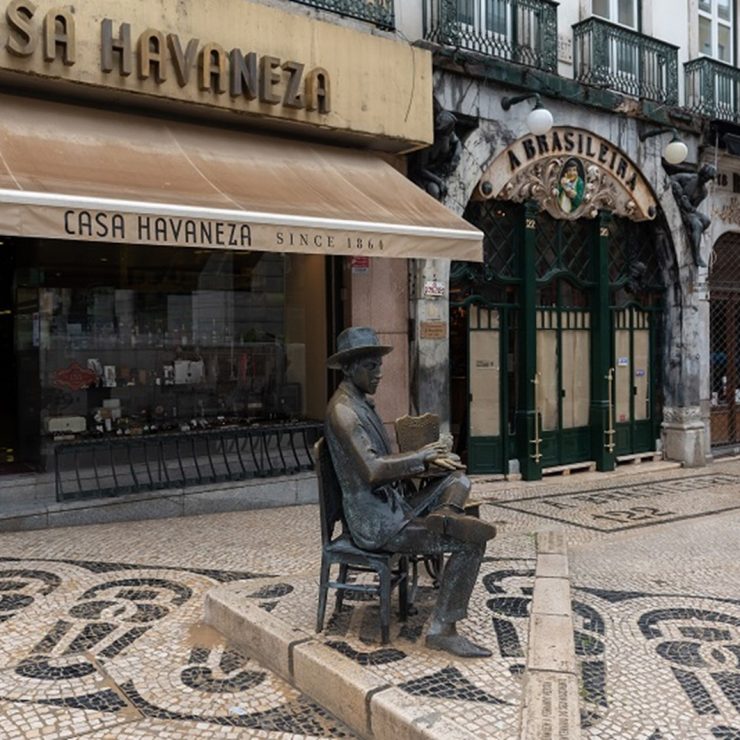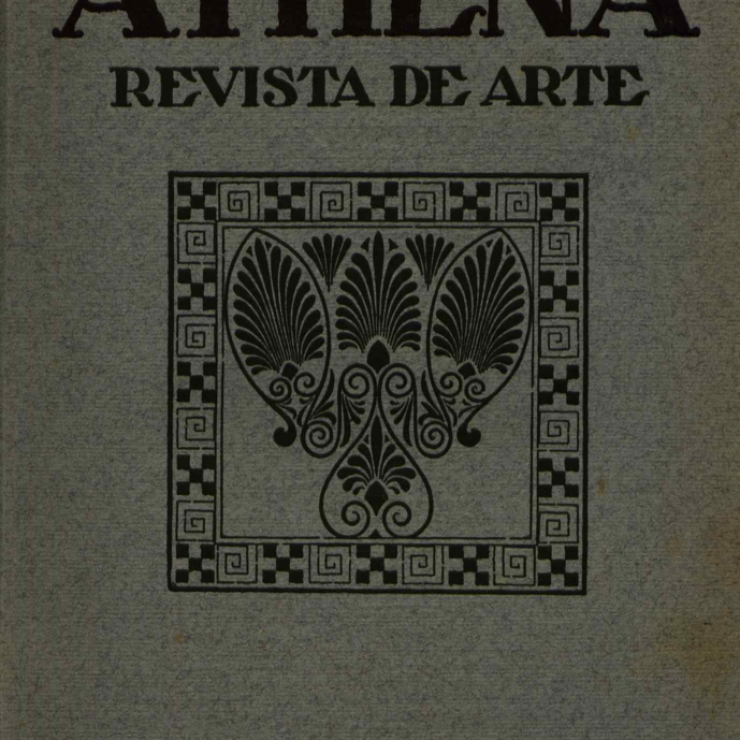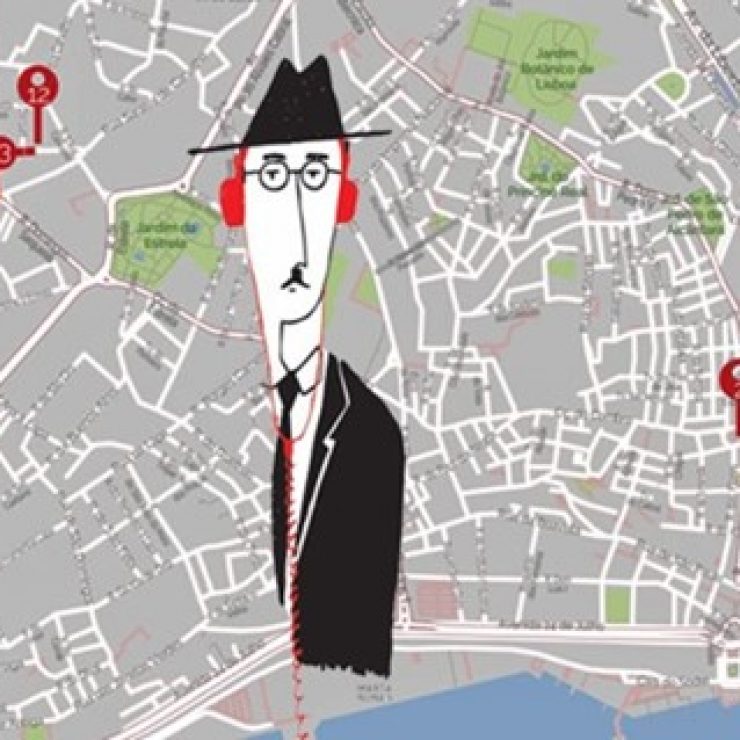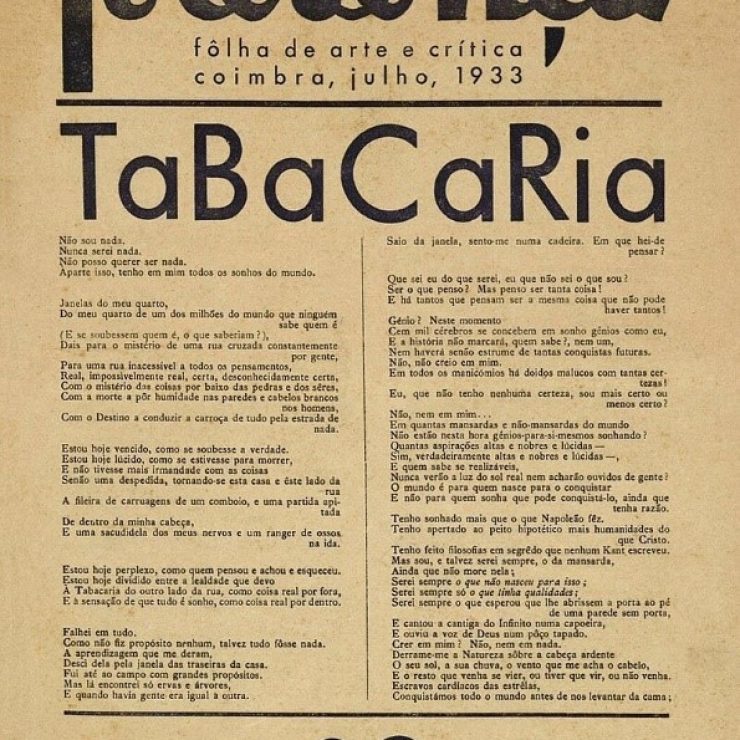Sílvia Quinteiro is one of the major references in academic research on Literature and Tourism in Portugal. Coordinating Professor at Escola Superior de Gestão, Hotelaria e Turismo da Universidade do Algarve, where she teaches and where she was President of the Technical-Scientific Council, Sílvia Quinteiro has a degree in Modern Languages and Literatures from Universidade Nova de Lisboa, and a master’s and doctorate in Literary Studies from Universidade de Lisboa.
The important role of Sílvia Quinteiro as founder and coordinator of the LIT&TOUR Literature and Tourism Research Cluster (2012-2020, CEC-FLUL) stands out, as a reference academic project, in Portugal and internationally, in the areas of research related to Literary Tourism.
Her research interests include Comparative Literature and the relationship between Literature and Tourism. She collaborates with several research centres and projects, in Portugal and internationally. She is co-coordinator of the Rota Literária do Algarve and author and coordinator of several scientific publications, many freely accessible on the net, including LIT&TOUR – International Journal of Literature and Tourism, Working Definitions in Literature and Tourism (2022, with Maria José Marques) and Hotéis Literários de Portugal (2022).
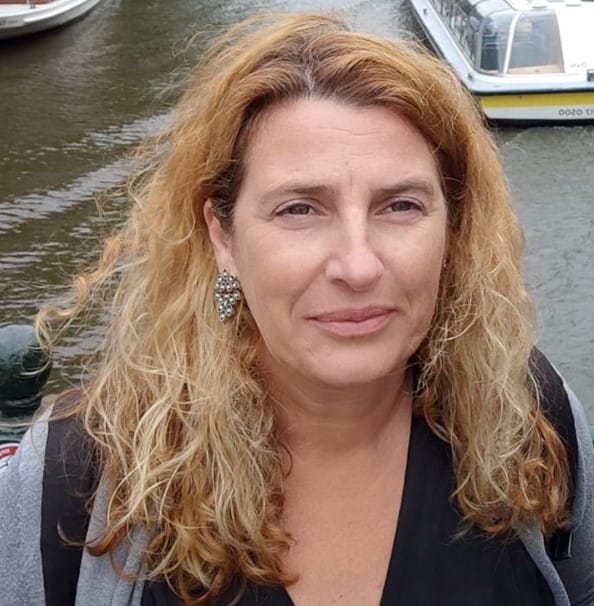
What is Literary Tourism? And what is not?
The term literary tourism is applicable to any tourist activity that is motivated by literary heritage, or that has it as a theme, since it is frequent for the tourist trip to have another motivation at its base and the experience of literary tourism to appear as a complement to the departure or already at the destination. Literary tourism includes activities such as participation in literary routes, festivals, gatherings, stagings, visits to authors’ houses, but it can go much further, as it can complement other segments and can itself be complemented with culinary and gastronomic experiences, writing, painting or pottery workshops, for example… Literary tourism is definitely not one that does not involve a motivation and activities linked to literature.
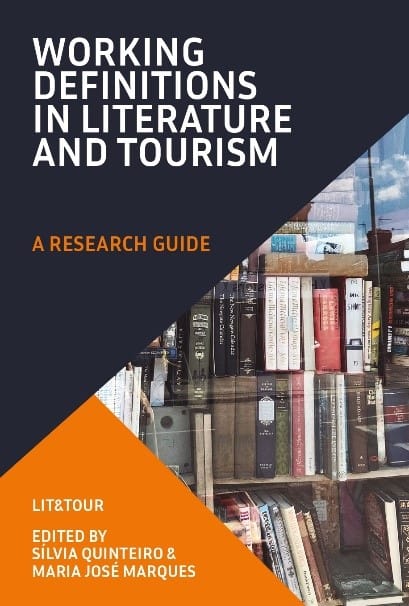
Is there potential for literary tourism in Portugal?
Of course there is. There is in every country. Portugal is fortunate to have been born and lived here fabulous writers such as the unavoidable Pessoa, Saramago, Eça, Camões, but also many others who have been given less visibility. Aquilino Ribeiro, Agustina Bessa-Luís and Branquinho da Fonseca, for example, are part of this group and their legacy is being well worked on. But there are writers whose works and biographies allow us to establish a connection between literature and territory that would be very fruitful in this context and who are practically or completely absent: Miguel Torga, Raul Brandão, Manuel Teixeira Gomes, Fernando Namora, among many others. It is, in fact, an almost endless list of names that would make it possible to create diversified literary tourism products and experiences, valuing writers, works and territory, all over the country.
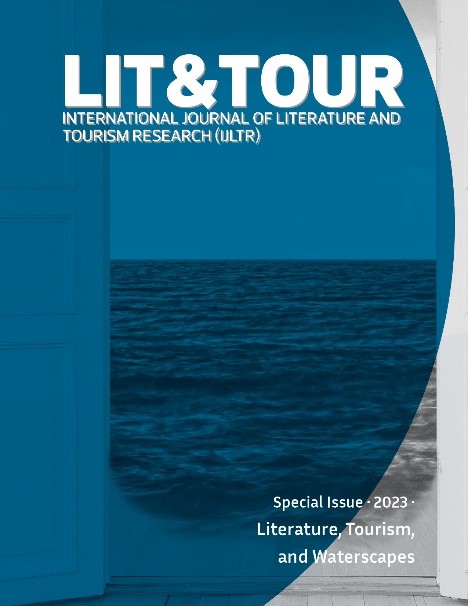
One of the projects that Sílvia Quinteiro has co-ordinated is Rota Literária do Algarve: what is it about and what are its benefits?
Rota Literária do Algarve is worthwhile first and foremost for the fact that it covers with literary significance a territory that was not associated with literature. Through the creation of this route, literature and territory are mutually valued. The 16 itineraries created allow you to travel through 16 different locations, making known more than a hundred texts by dozens of writers. The selection of authors was mainly and intentionally made for writers from the region, as it was seen as an opportunity to publicise them. It was the first time that most of these texts were translated (into English, Spanish and French), which gives them the possibility to reach an international audience. I would also like to highlight two important aspects: Rota Literária do Algarve is available on an open access basis, you just have to access the website to be able to take the tours independently. This free access also allows Rota Literária do Algarve to be used as a tool for social inclusion, since it generates job opportunities for future guides of these tours and for other people who create associated products and commercialise them.
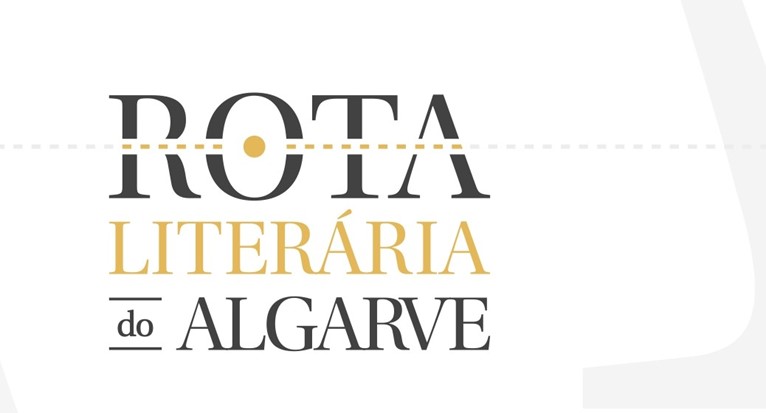
One of the books that Sílvia Quinteiro coordinated is Hotéis Literários de Portugal (2022), a topic that is of great interest to Lisboa Pessoa Hotel. What is it about?
In this book, the texts related to the nine hotels presented [Grande Hotel de Paris (Porto), Grande Hotel do Porto, Hotel Mary Castro (Porto), Bussaco Palace (Luso), Hotel Quinta das Lágrimas (Coimbra), Lawrence’s Hotel (Sintra), Grand Hotel Central (Lisboa), Hotel Avenida Palace (Lisboa), Hotel Britania (Lisbon)] are authored by researchers Ana Cláudia Silva, Maria Mota Almeida, Natália Constâncio, Isabel Dâmaso Santos and Maria José Aurindo. The work began with a broad survey of references to hotels in literary texts from all periods, genres and origins. Due to the number of references, which establish a very strong relationship between those places and literature, the nine selected stood out. But it is not a closed work. We continue to research and intend to include some more hotels.
Interview conducted by Fabrizio Boscaglia
_
Discover Lisboa & Pessoa, from Lisboa Pessoa Hotel.

